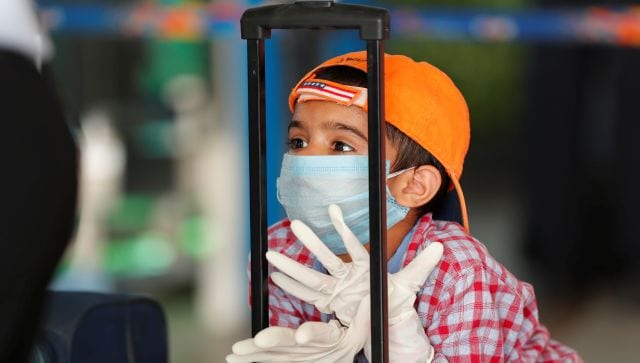The JN.1 variant of the novel coronavirus has India and the world on high alert as the year-end holidays approach and millions of people travel within the country and internationally. With cases surging, concerns are rising about the safety of continuing with holiday plans. The JN.1 strain, a subvariant of Omicron, has been declared as a “variant of interest” by the World Health Organization.
In India, tourist hotspots like Kerala and Goa have reported cases of JN.1, along with a rise in infections in several other states. The country has reported 26 cases of the JN.1 sub-variant so far. In Kerala alone, there have been 265 new COVID-19 cases, including at least one case of the JN.1 variant. Meanwhile, in Singapore, the number of fresh COVID-19 cases has increased, with most patients being infected by JN.1, prompting the government to reintroduce the use of masks in crowded places.
In Malaysia, a popular tourist destination, there has been a significant increase in COVID-19 infections ahead of the holiday season. The country has reported a total of 20,696 COVID cases in the last week and a half, reflecting a 62% increase compared to the previous week.
Indonesia has also confirmed the detection of JN.1, reporting at least 41 cases, and, like other Omicron subvariants, most patients who had contracted JN.1 experienced mild symptoms.
The United Kingdom and the United States are also witnessing a surge in cases, with the JN.1 subvariant contributing to a significant percentage of new infections. However, at present, there are no specific travel restrictions imposed in these countries.
Overall, as the JN.1 variant continues to spread, health authorities around the world are urging people to take precautionary measures, including wearing masks, practicing good hygiene, and getting booster shots, especially for those in the high-risk categories. With the holidays upon us, the rising infections due to the JN.1 variant have heightened concerns about travel and public health.
Source link

